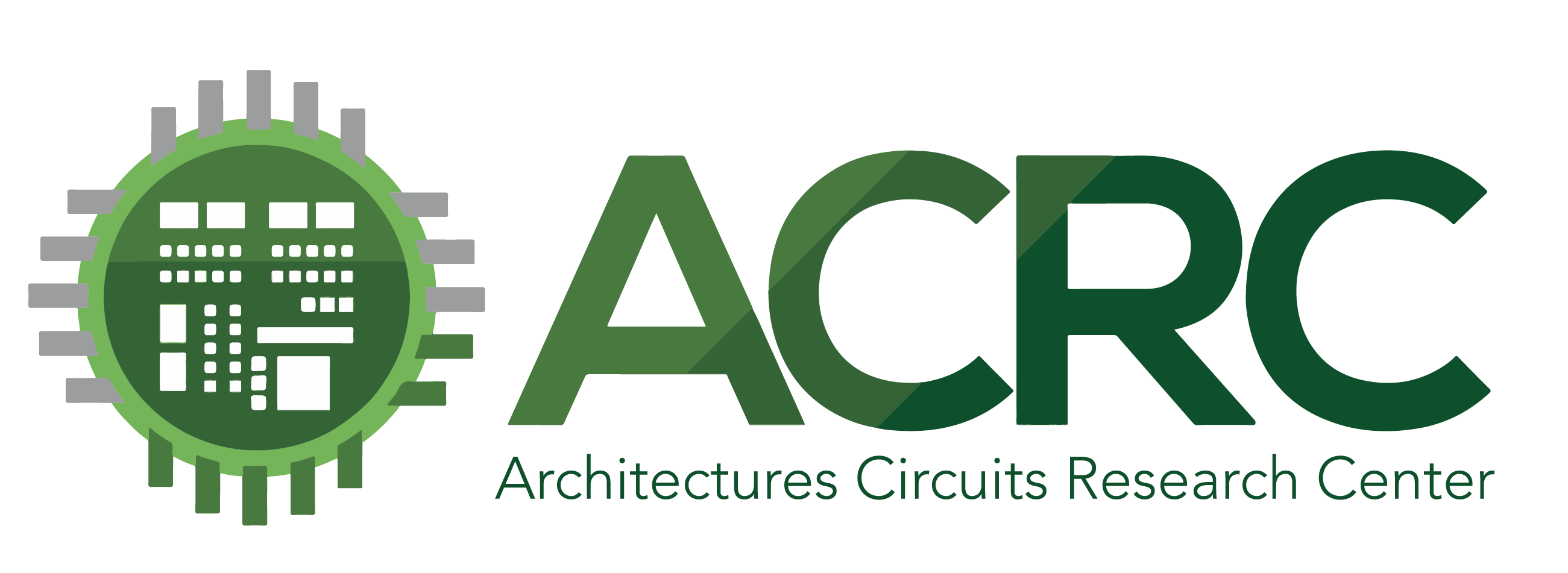Abstract
Timing recovery techniques have evolved significantly over the last 25 years of high-speed link design. In the first decade, this evolution was motivated by technology scaling and scalability, where it gradually moved to a fully digital implementation from an analog PLL-based approach. However, the evolution in the last decade is motivated by the adoption of multilevel signaling. The emergence of MMSE as an alternative to 2X oversampled solutions is an example of such recent developments. This talk aims to bring designers up to speed on the state-of-the-art ADC-DSP solutions, explain their motivation, and finally conclude with silicon results to validate the performance improvement achievable in these architectures.
Biography
Masum Hossain (M’11) received the B.Sc. degree from the Bangladesh University of Engineering and Technology, Dhaka, Bangladesh, in 2002, the M.Sc. degree from Queen’s University, Kingston, ON, Canada, in 2005, and the Ph.D. degree from the University of Toronto, Toronto, ON, in 2010. From 2007 to 2013, he worked in product development and industrial research, focusing on high-speed link design in multiple organizations, including Gennum and Rambus. In 2013, he joined the Department of Electrical and Computer Engineering, University of Alberta, Edmonton, AB, Canada. Recently in 2023, he joined Carleton University in Ottawa, Canada. Dr. Hossain received the Best Student Paper Award at the 2008 IEEE Custom Integrated Circuits Conference and the Analog Device’s Outstanding Student Designer Award in 2010. In 2021 he received EPS society nominated best paper award in IEEE Transaction in Components, Packaging and Manufacturing.
Date: January 28, 2024, Sunday
Time: 17:00 – 18:30 Israel Time
Important: the webinar is free of charge but registration is required
For more details and updates on the series of “ACRC Semiconductor Webinars” please follow our newsletters and our website


